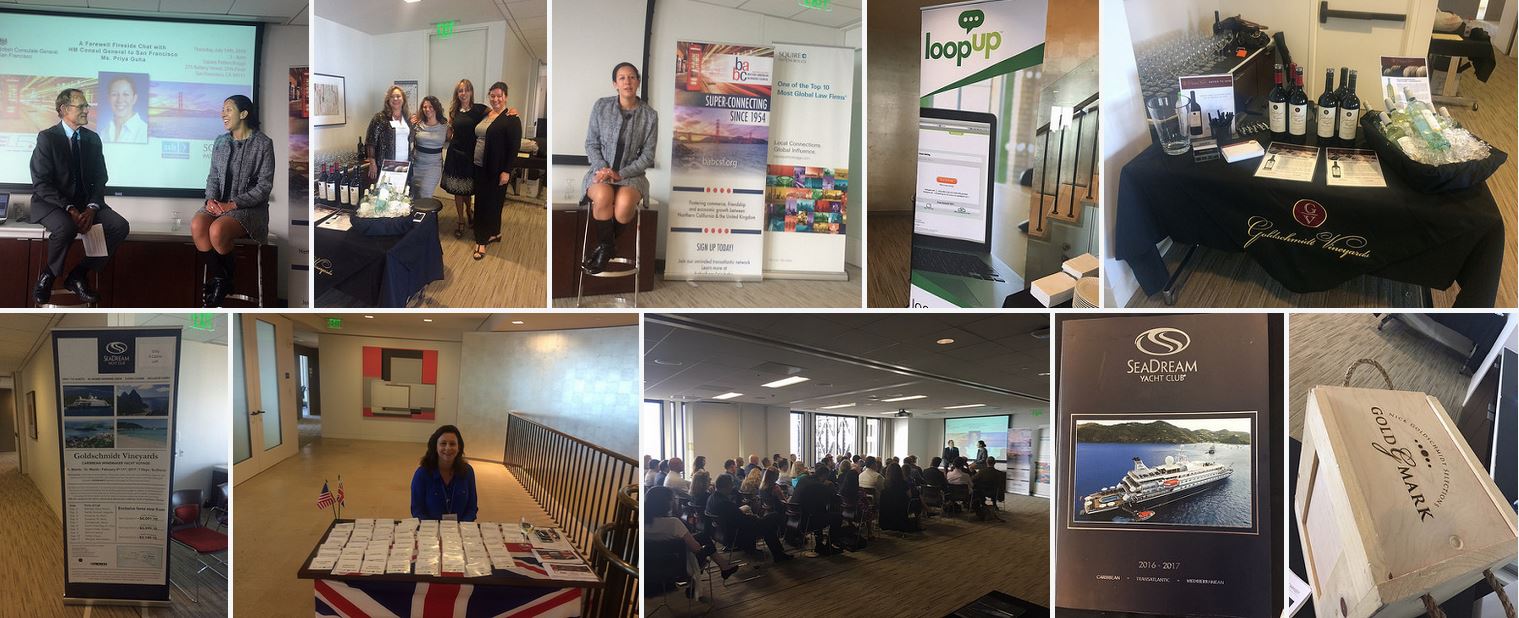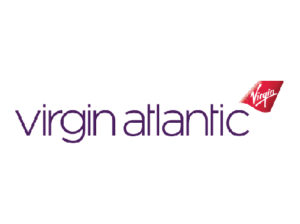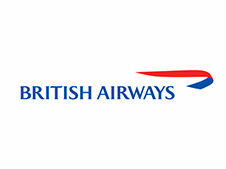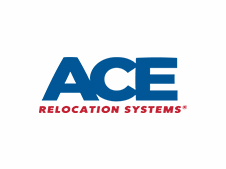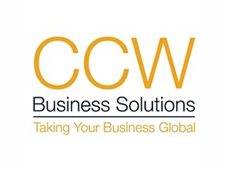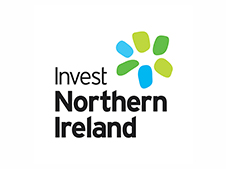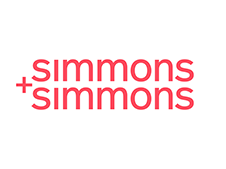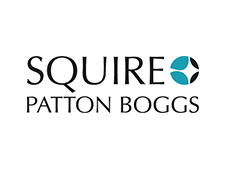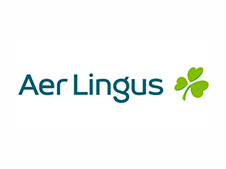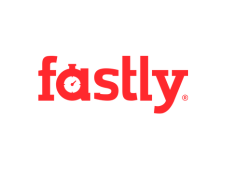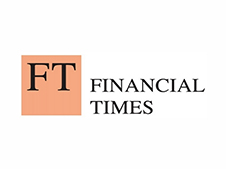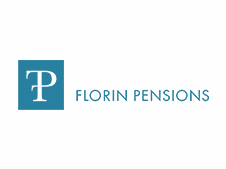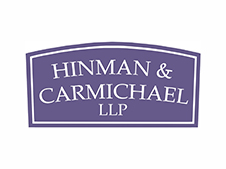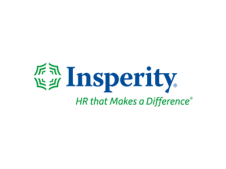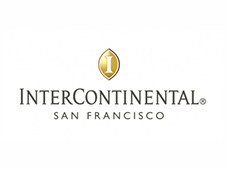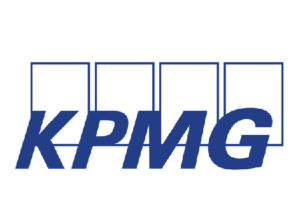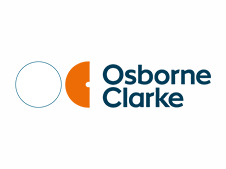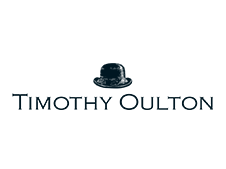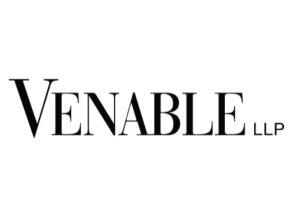Over 75 guests attended the Fireside Chat with HM Consul General Priya Guha. Priya reflected on her 5 years in the Bay Area and answered questions ranging from her thoughts on Brexit to what part of her domain surprised her most. Click
HERE to see photos from the event.
When you first came to San Francisco what were your goals? Were there particular things you wanted to achieve during your tenure?
They have gone by in the blink of an eye, these 5 years. We were very fortunate because we had experience of the Bay Area in the past. Luca lived here for a number of months when he was 17 years old and working for his uncle in Palo Alto. He got very familiar with the environment and culture and workings of the Bay Area. In Subsequent years, again through his family, we had the opportunity to visit as his brother in law was doing a PhD at Stanford. So, we had some personal exposure and what we were hugely excited about was really translating that from the odd, individual visit to actually an experience for both of us and for our families. From a professional level, I think I had a glimpse of what would be the opportunity of the role in terms of the focus on the digital and tech economy, and the future opportunities that would be presented to the UK. But I don’t think I ever expected that to be such an amazing part of the experience as it turned out to be.
How has that worked out? What have been the challenges and issues you have dealt with and the things you have influenced?
It won’t be a surprise to anyone in this room to understand that a huge part of the role of the British Consul General in a place like the Bay Area is supporting the amazing Trans-Atlantic business relationships. Looking at the period you refer to, you are right to say that was a period of great growth for tech and the Silicon Valley location but it has also been a great time of growth for the tech sector in the UK. If you look at the opportunities that presented when we look back on it, actually during that period, the British Consulate has been able to support about 320 plus investments, which have created over 20,000 jobs in the UK. So, that alone is a great testament to the work that happens at the British Consulate, and very much not stuff I can take credit for myself because it is down to an amazing team we have there. The team more broadly includes, in part, the UKTI specialists who do an amazing job getting into the details of supporting companies going in both directions.
UKTI plays a big role at the Consulate. I understand there’s some budget realignment in London that could impact UKTI’s presence. What can you tell us about that?
In the context of what happened here in the Bay Area, the numbers speak for themselves in terms of the economic value to the UK of having people on the ground working in a very special and bespoke way to support business relationships. I think the question always is, what is the right kind of support that will benefit British companies the most and how do we tailor that support to the stage and need of the individual company. And, I think a lot of those agreements work the other way for people who are considering investing in the UK, everybody will have very different needs and there is always a question about how we deliver against those needs. However, the US is consistently the highest market for UK companies wanting to look to do business overseas. As you know well, the UK remains the US’s largest foreign investor and, indeed, the US remains the largest investor in the UK. That means there is a huge opportunity for the UK government to play a role in supporting the business relationship here and that won’t change.
Tell us about your successor and the hand-off.
Andrew Whitaker is my successor’s name and I had the real pleasure in handing over to Andrew because as he is a friend of mine. He is someone I’ve known in the Foreign Office for a number of years and I can tell you all he will be a great person in this role and I am delighted to hand over to him. Most recently, Andrew has been working as the Deputy Director for an organization that focuses on cyber resilience in the UK, which, as everyone knows here, is a huge issue across the world. So, he comes with a particular background most recently in cyber security but, prior to that, he had a long diplomatic career in various roles including postings, like myself, in Madrid and also in Jerusalem.
Diplomats often write a closing report when they leave a post. Can you give us a hint of what you’ll say?
Well, you’ve heard right, there is a long standing tradition of this and if you go back centuries, when we had the similar global network that we have today, these were Foreign Office telegrams that would be sent by diplomatic bag back to base that the Foreign Minister at the time would peruse, probably over a large glass of brandy and a cigar or something. Times have moved on somewhat and in recent decades the process switched to a model where people sent an electronic communication that was sent round the world. In the age of social media and 24 hour news cycles, sadly some of those got leaked and so the tradition stopped quite swiftly as they did tend to include some rather indiscreet comments about host government and the people they were engaged with. However on a personal level, I think this job creates huge opportunity so the message I will be sending to Andrew, both personally and publicly, is really that there is so much opportunity to grasp in this job and region, but also have fun doing it. It is the most amazing place to live and Luca, the boys and I have just enjoyed every second of being here and I hope Andrew and his family will have the same experience.
Are there any particular obstacles or challenges you’ve had to overcome or deal with as Consul General? Are there, for example, particular issues you’ve had to deal with in the national, state or local business environment that inhibit the ability to grow our economic ties?
If you look at it from a local business climate, the challenge, which in itself is somewhat of an opportunity, there are so many exciting things happening right here on the doorstep in Silicon Valley that to broaden the horizon of people who are engaging in business day to day here to appreciate the opportunity that is there beyond their own state borders – let alone beyond geographic boundaries overseas – I think that can sometimes be a challenge. I think that is particularly true in the area of investment. For example, and as probably many of you in the room will recognize, having some of the biggest VC players understand that actually there are very ripe opportunities oversees and encouraging them to pursue those is both an opportunity and sometimes a challenge. We have been able to overcome a lot of that in the UK and we have a great track record of securing VC investments in particular. We have the 2
nd highest per capita VC investment in the world after the US, which is a testament to the sector in the UK but, I think, it does talk to a broader point about actually having the broader business community here appreciate the opportunity of what there is overseas.
This is an inevitable question, but give us your view on Brexit and its possible implications for Britain’s economy and London’s role as Europe’s leading financial and business center.How do you see the internal adjustment process going forward?
It’s interesting, if you look at the examples you mentioned as drivers for Bay Areas companies to do business – strong, positive, regulated climate etc. – those areas are traits of the UK, a good place to business; those traits of the UK will not change. They will not change tomorrow and they will not change in the years ahead because this Government, as with the Government before, understand the important of business to the British economy and companies across all sectors, and is absolutely committed to ensuring the business environment remains a very positive one, the UK remains a best place to start a business and that the ease of doing business continues to be easier year by year. Clearly, when you look at the immediate post Brexit scenario, it creates a challenge economically. What we’ve been able to see though in recent days is a very smooth transition to a new Government. In fact, I have had many people from the Bay Area in the business community come up to me saying how impressed they’ve been in the space of just a very few weeks; between the Prime Minister resigning and having a new Government including a Prime Minister and her Cabinet with a full authority to be delivering the promises of the Government. But also we have an opportunity for some of the most resilient sectors, and I would absolutely include technology in this, to be looking at the possible advantages this new business climate could create. As we all know, technology firms are the most inventive and resilient of the business community at hand, and I think many will find this creates new opportunities in the future.
How do you think the negotiations over TTIP and global trade will proceed from a UK standpoint?
If you look at trade that will return to being a UK confidence in a post Brexit arrangement, and if you look at the negotiations from TTIP, so many of the areas where we – the UK – wanted to have a particular agreement were areas in which the UK and U.S. were absolutely aligned. In fact, the challenge in terms of getting a pan European Union agreement has been issues where other member states have found the content problematic. So, I think what we have there is potentially the opportunity to really realise some of the areas of alignment between UK and US trade and see those areas come to fruition in an effective time frame.
Bay Area businesses are following the Brexit process closely, and will be thinking through its implications for their activity in the UK and Europe. There’s obviously a great deal of uncertainty around this, that won’t be resolved quickly. But our relationship with Britain is extraordinarily strong – in trade, investment, research, entrepreneurial activity, and a host of fields. In fact, the UK is our number business partner in Europe. What do you see as the future of economic and business ties between the Bay Area and Britain? For example, are there particular strengths we can build on to make the relationship even stronger?
Where do you see the most promising alternatives going forward if we are to continue to build our Investment and Trade ties?
A huge focus of my time here has been to try and work with the advisors closest to the senior team in No. 10 and other relevant departments to really try and identify where the new opportunities will be for that sort of relationship. There are going to be ones that are very obvious to everyone in this room but clearly AI, VR, Augmented Reality are areas which are hugely up-and-coming. There is a great opportunity in the UK as it has one of the world’s leading AI companies in Deep Mind, and if you look at other companies that are rocketing forward in terms of Augmented Reality technology, there is a huge opportunity for collaboration in those fields. There are areas like the AI application in vehicles, which is going to be big and what we have been trying to create in the UK is create a policy framework that allows a significant amount of R&D to happen, analyzing the drone technology where the UK has a number of areas designated for free air space testing of drones.
There are numbers of areas that will come through where there is a huge opportunities for the UK to be the partner of choice with start-ups of choice for the sectors and companies that are emerging from the Valley. So I think, in terms of areas to spot, we are always on the lookout for those areas where there is a serendipitous opportunity to connect people who working in those areas which will be the trans-motional ones in the years ahead.
|
THANK YOU TO OUR EVENT DONORS:
|

